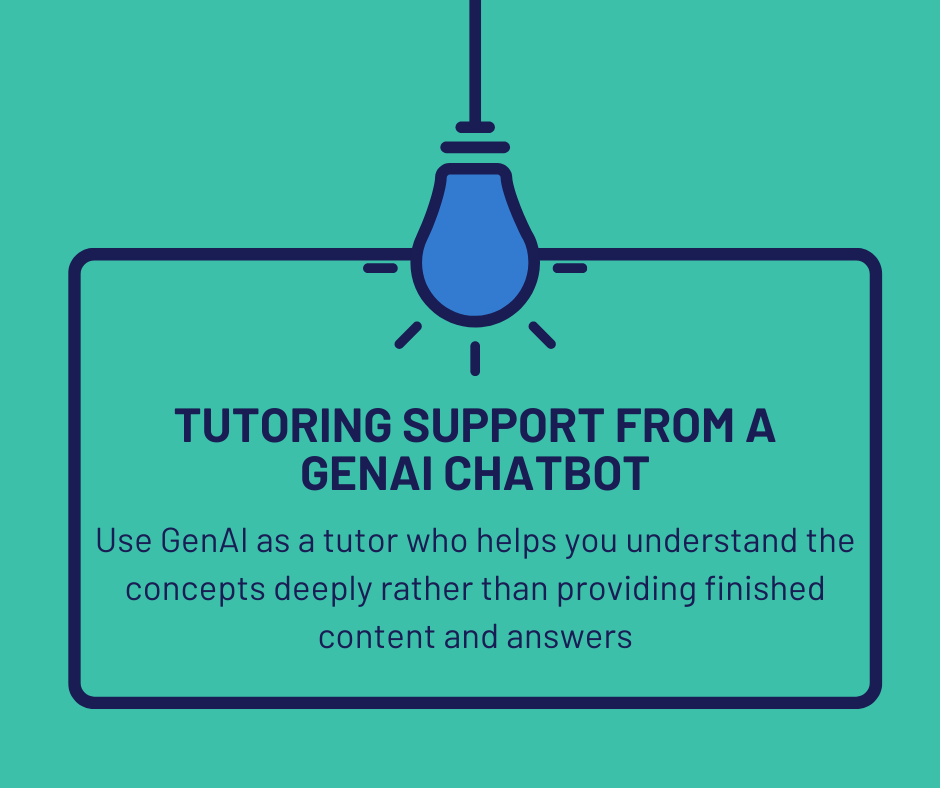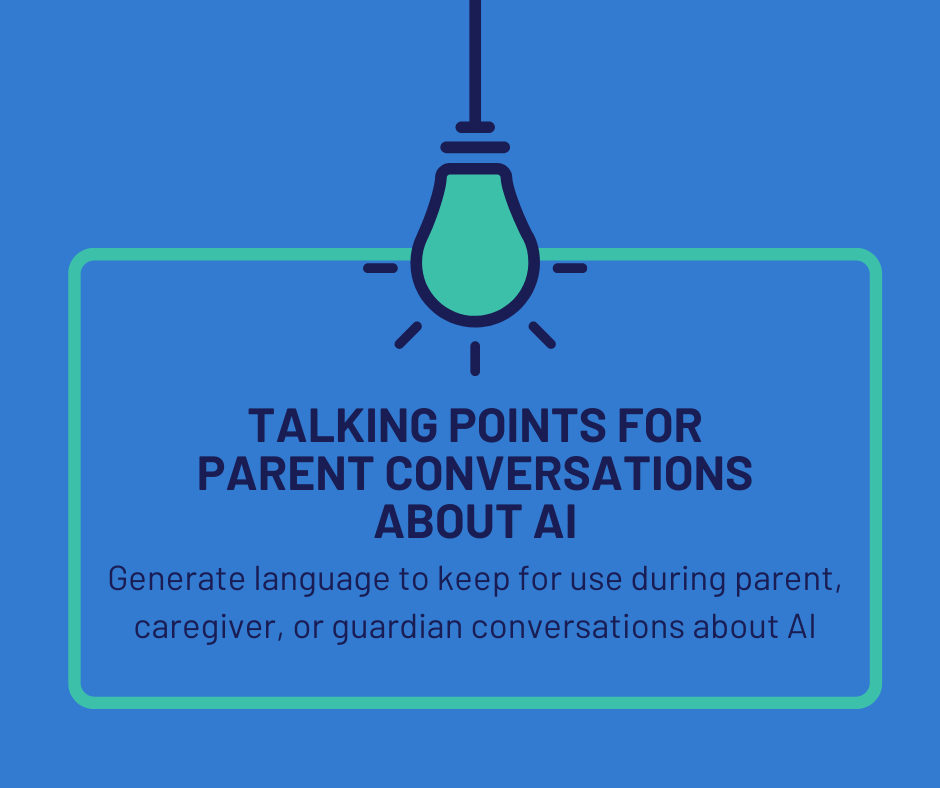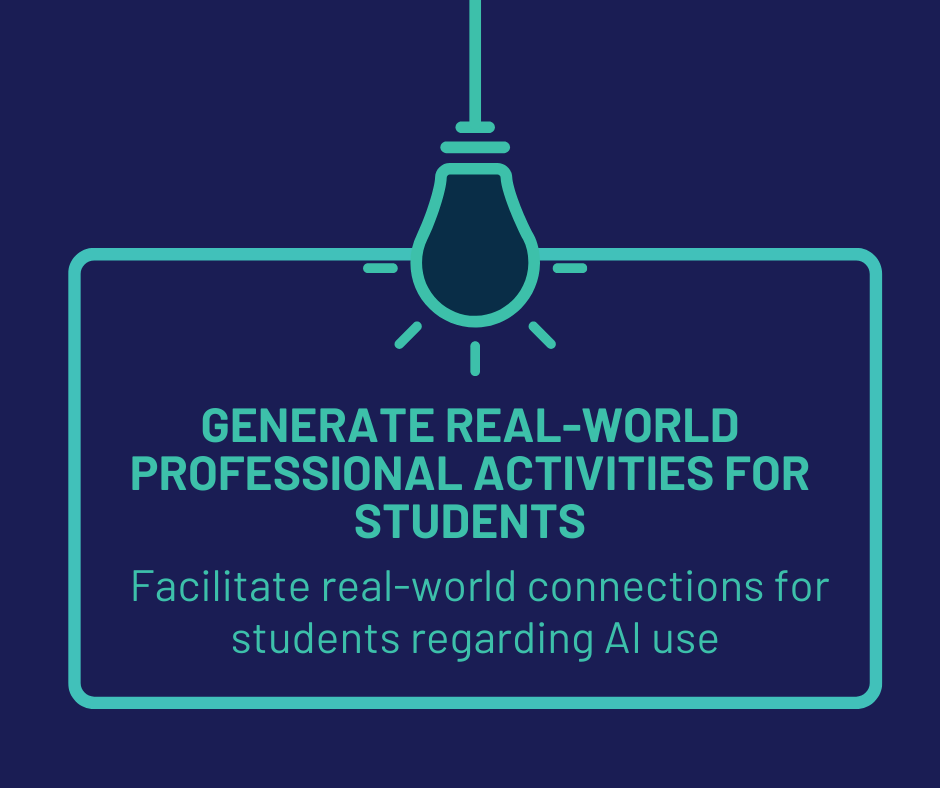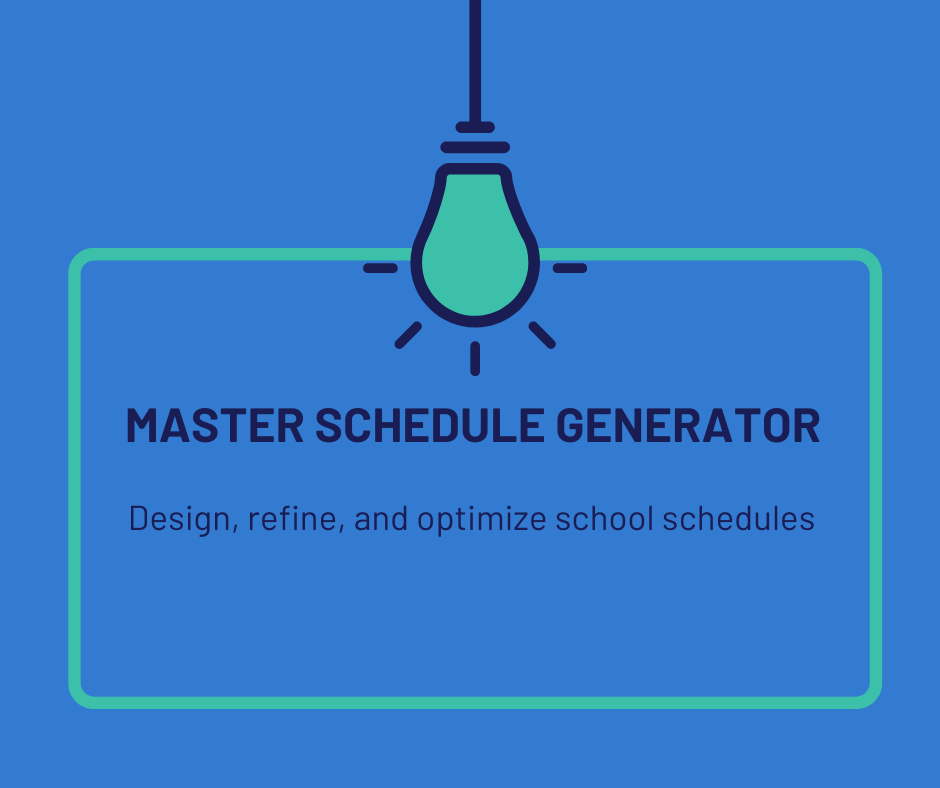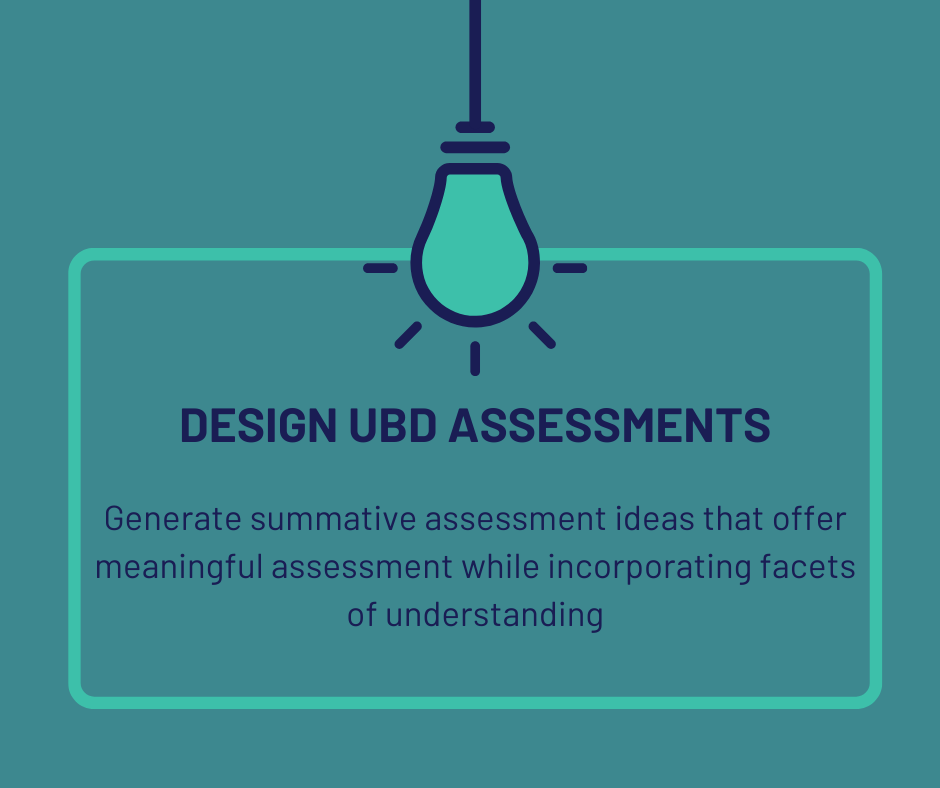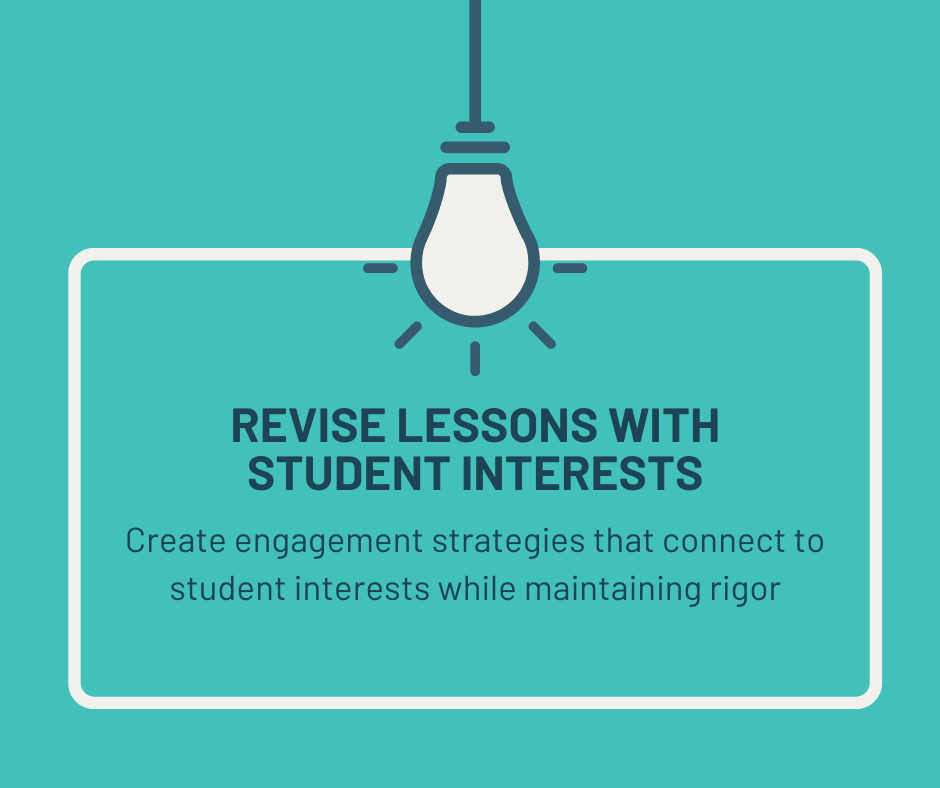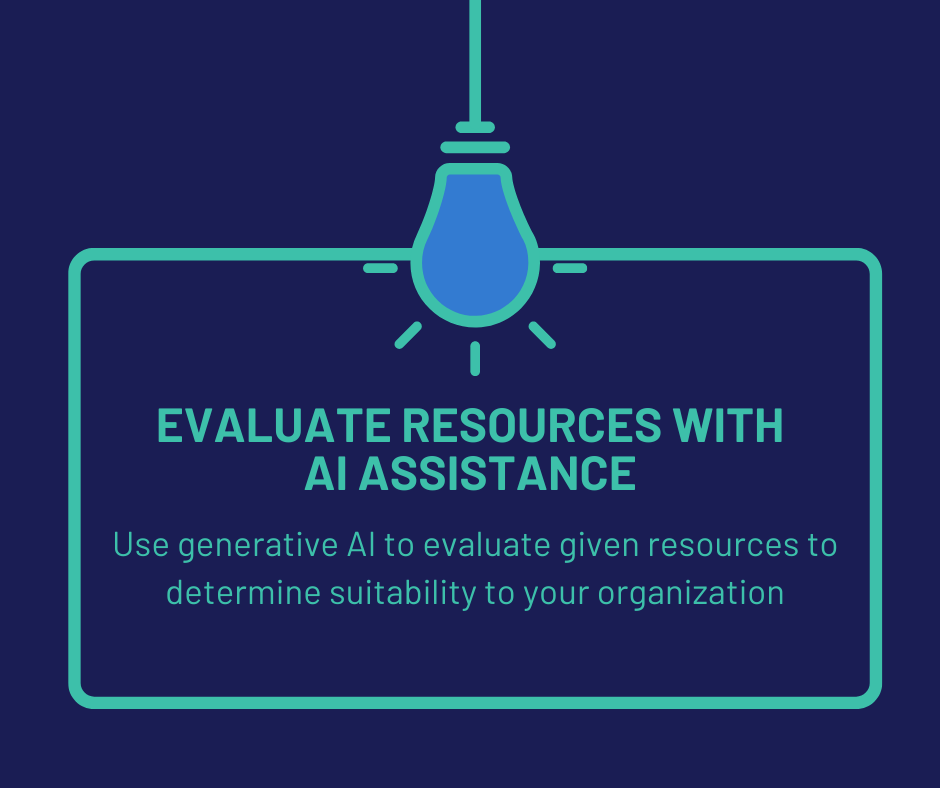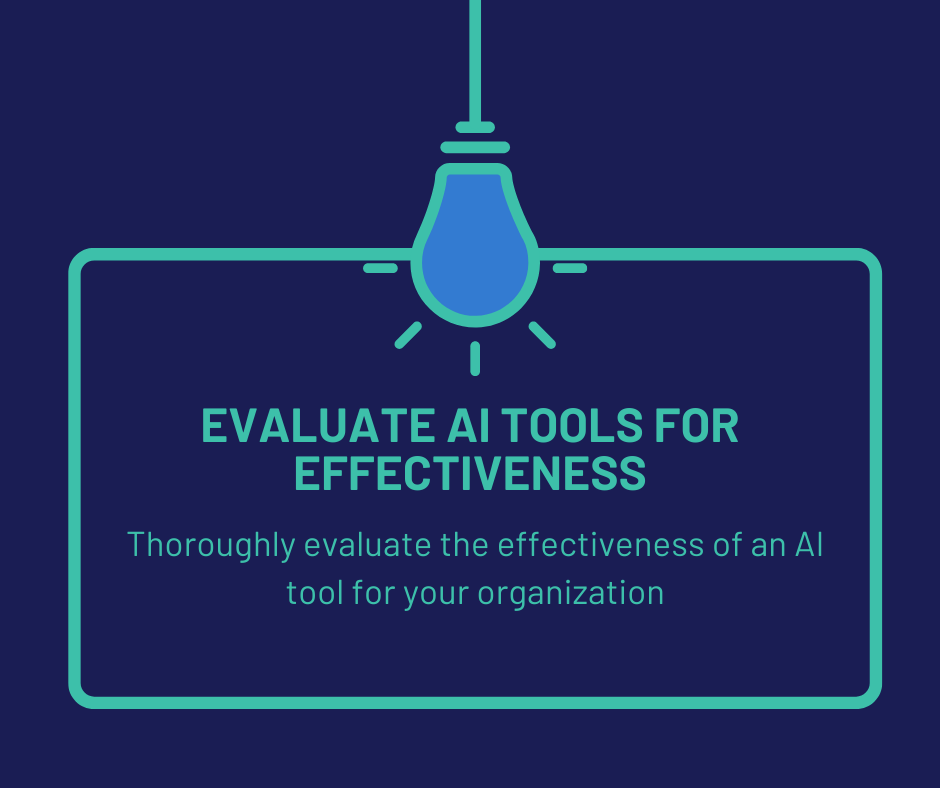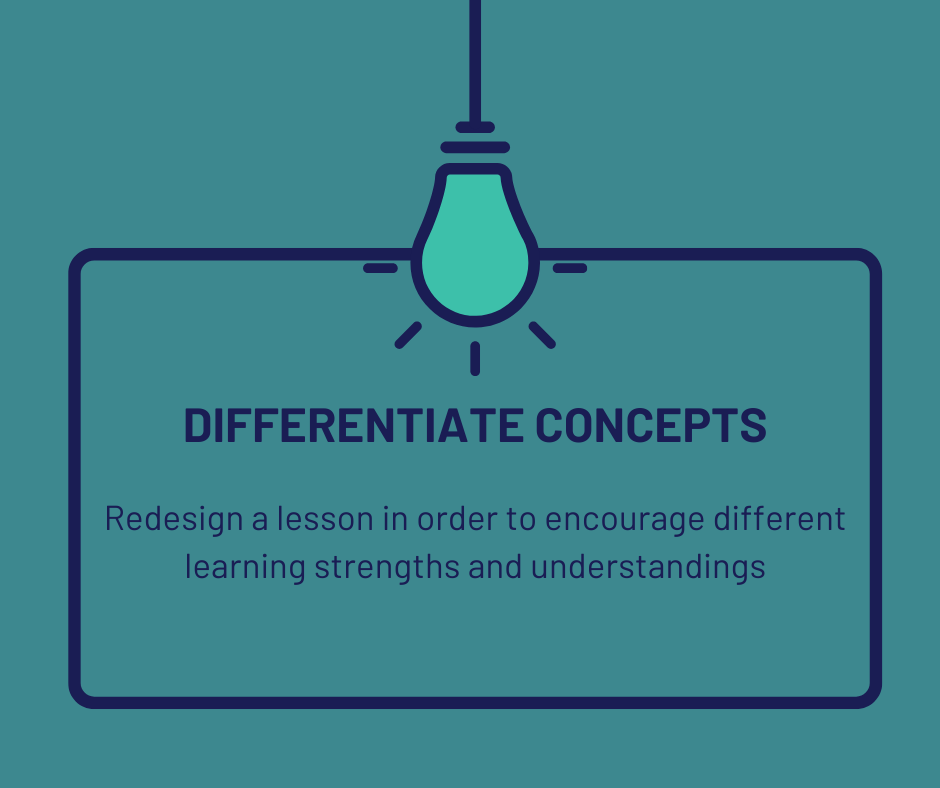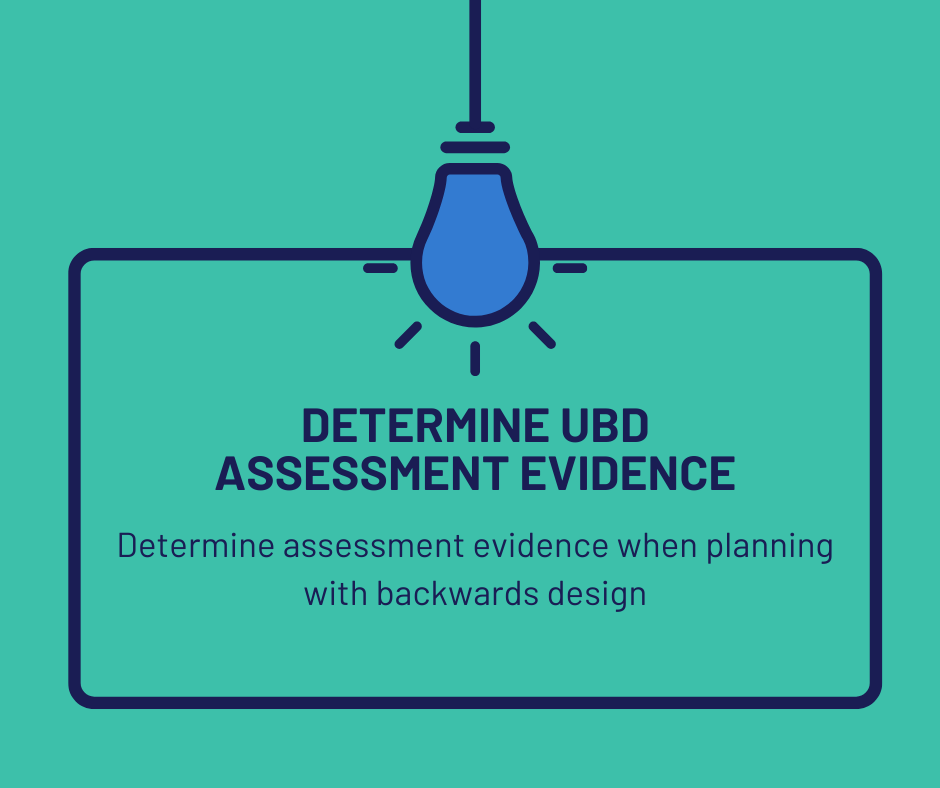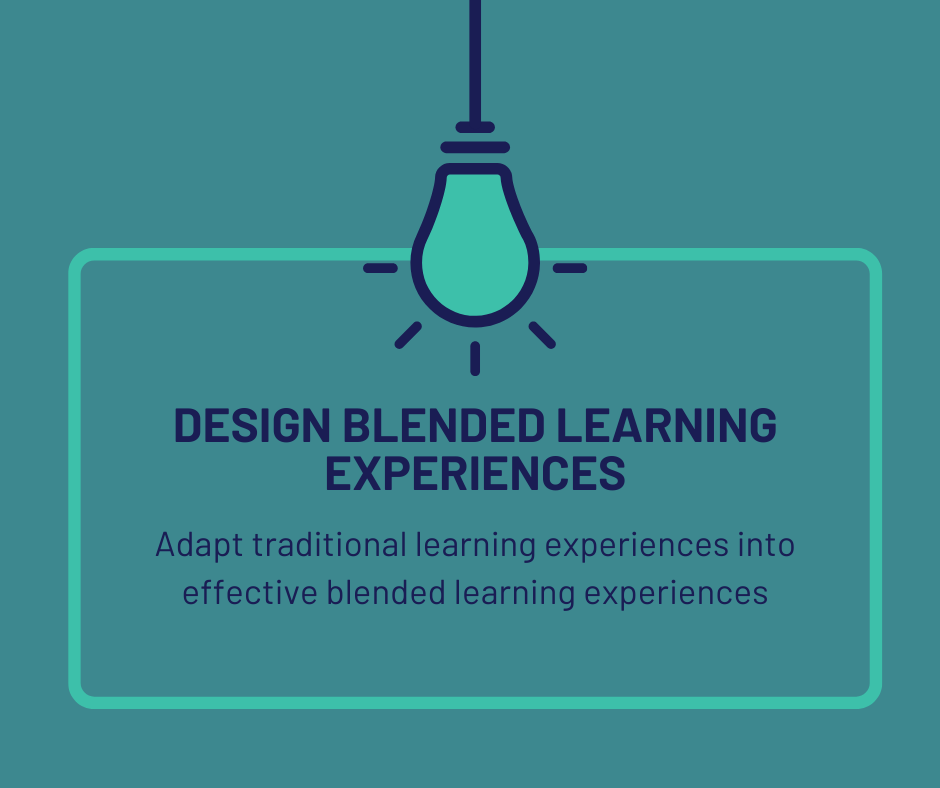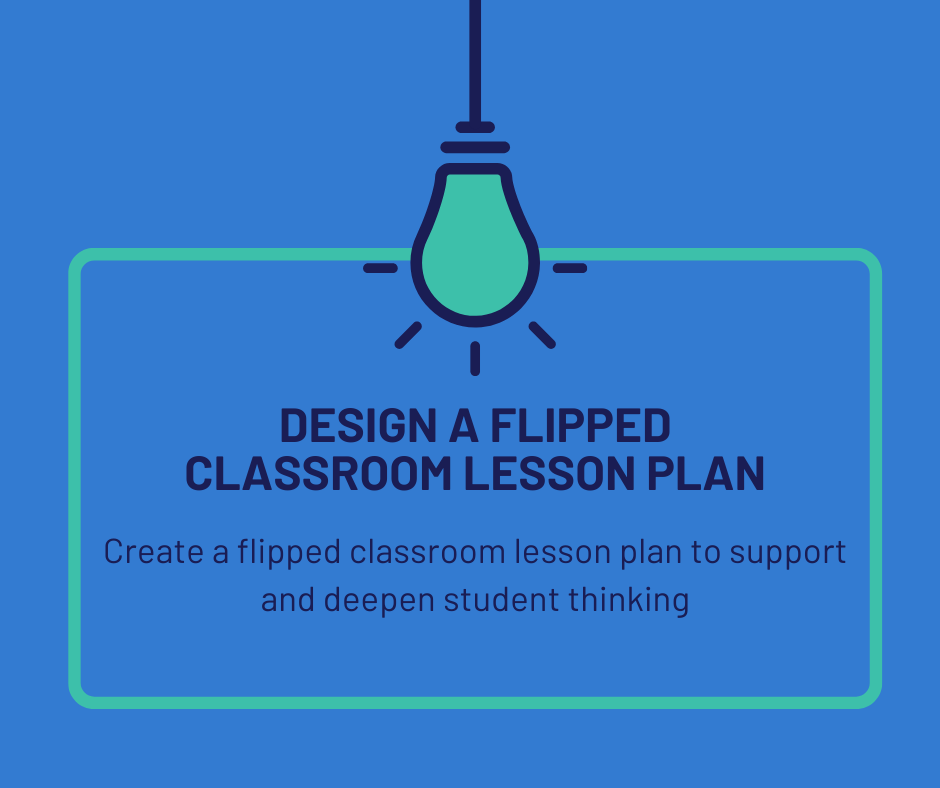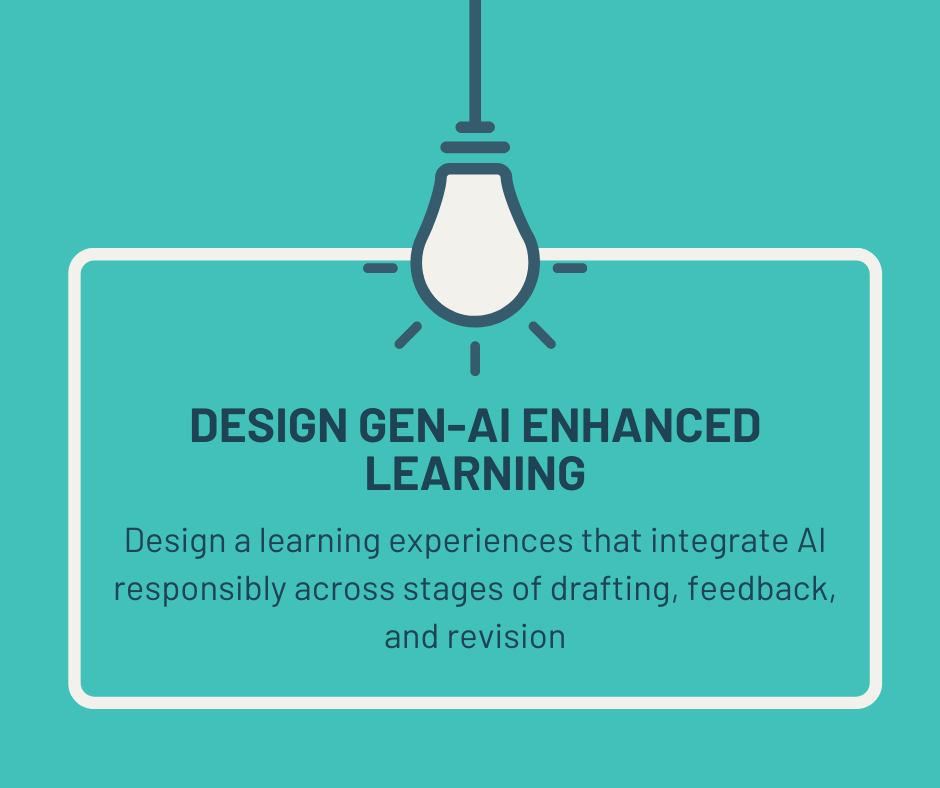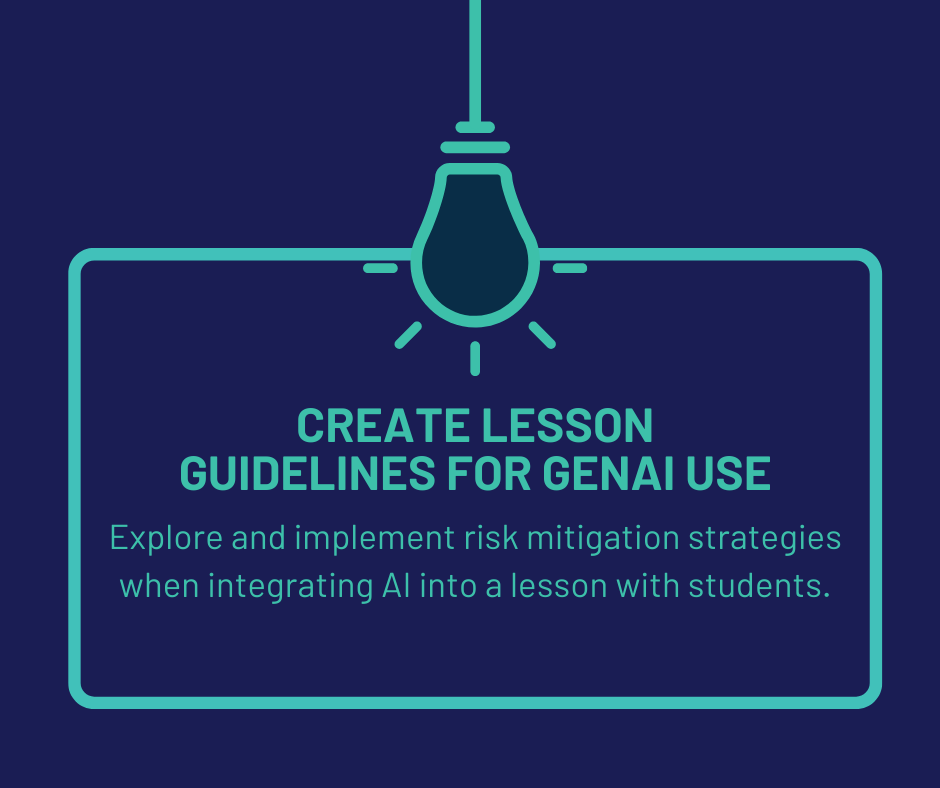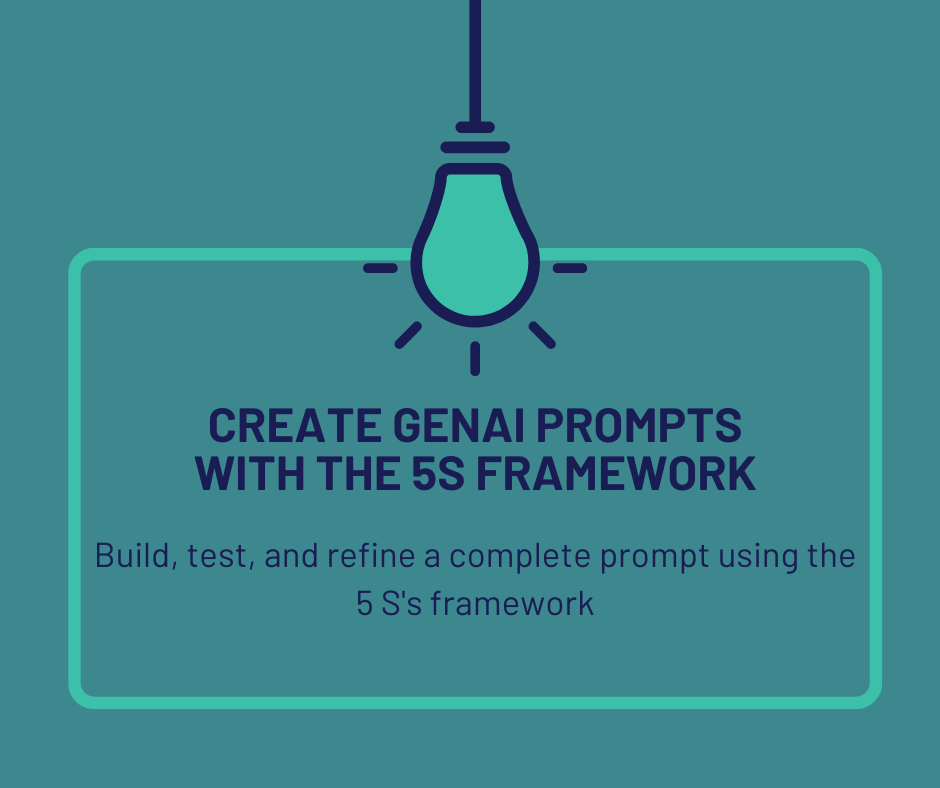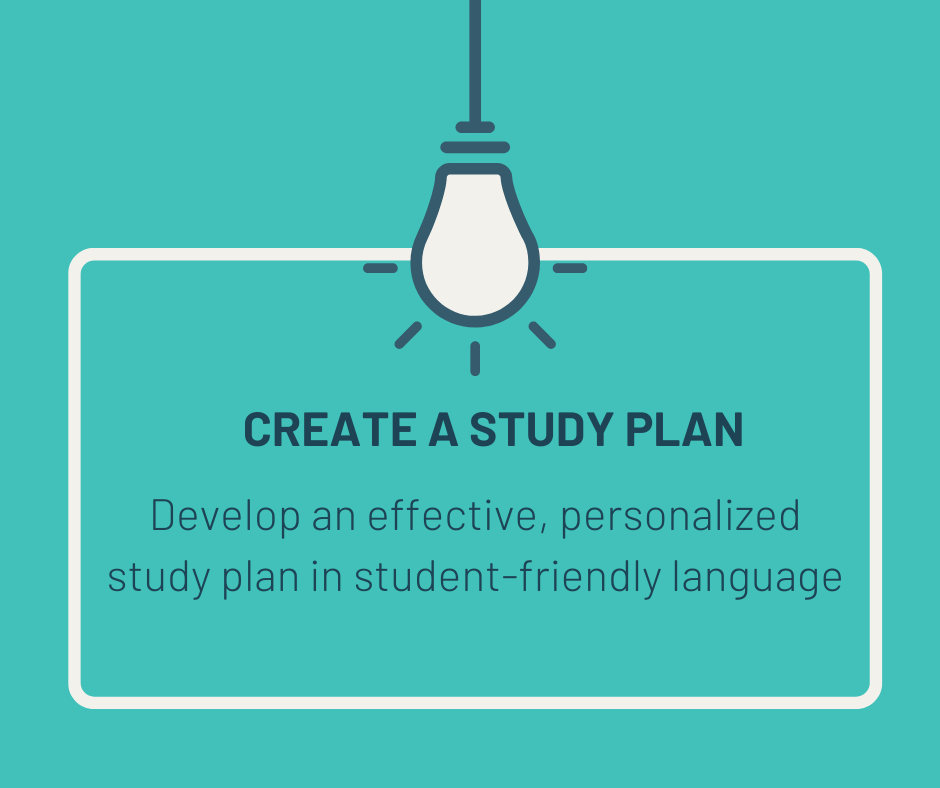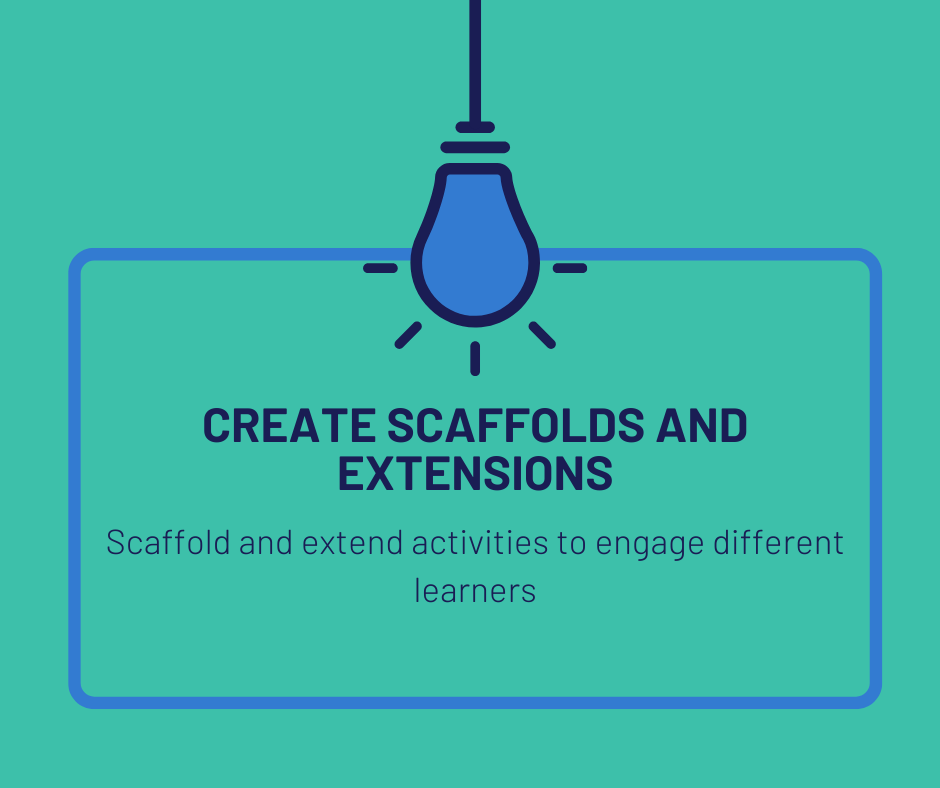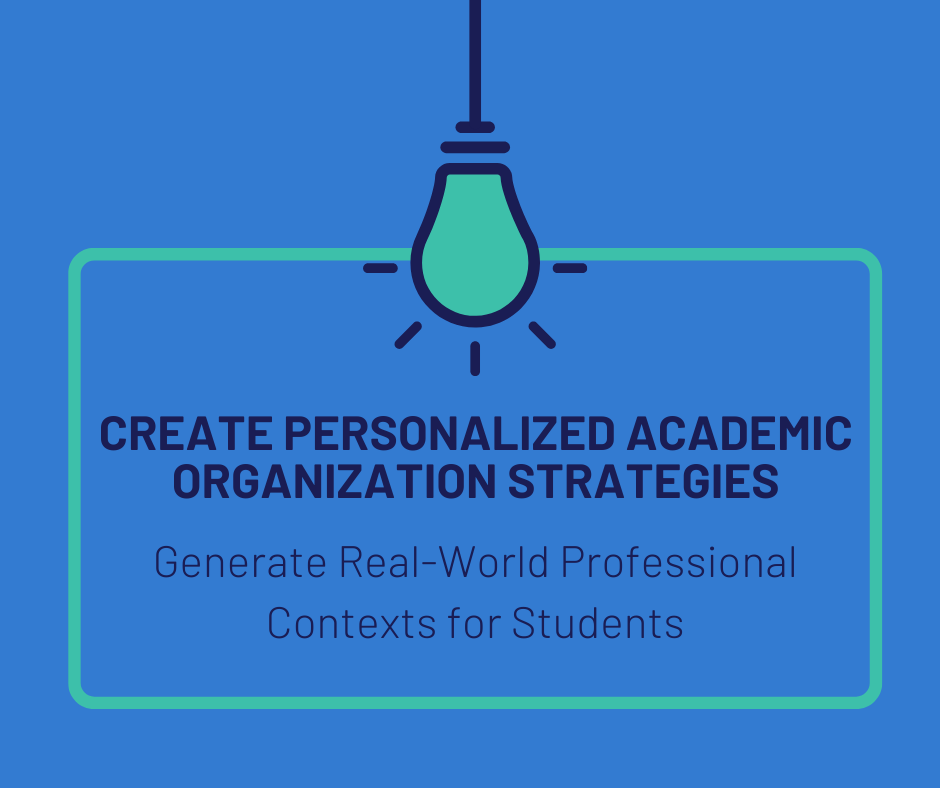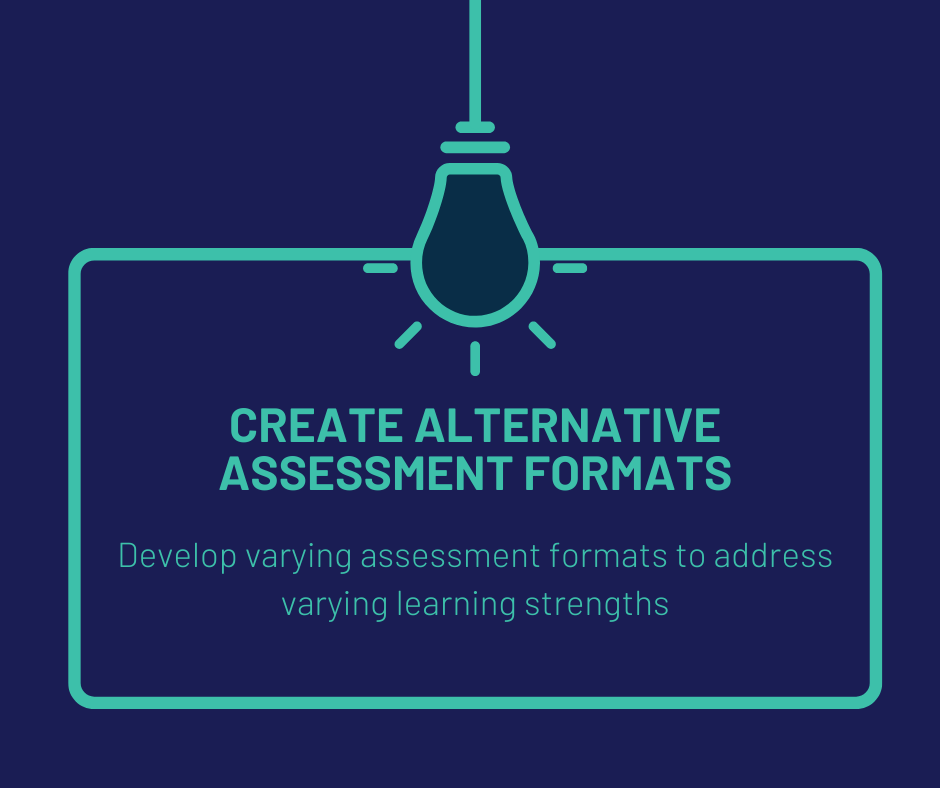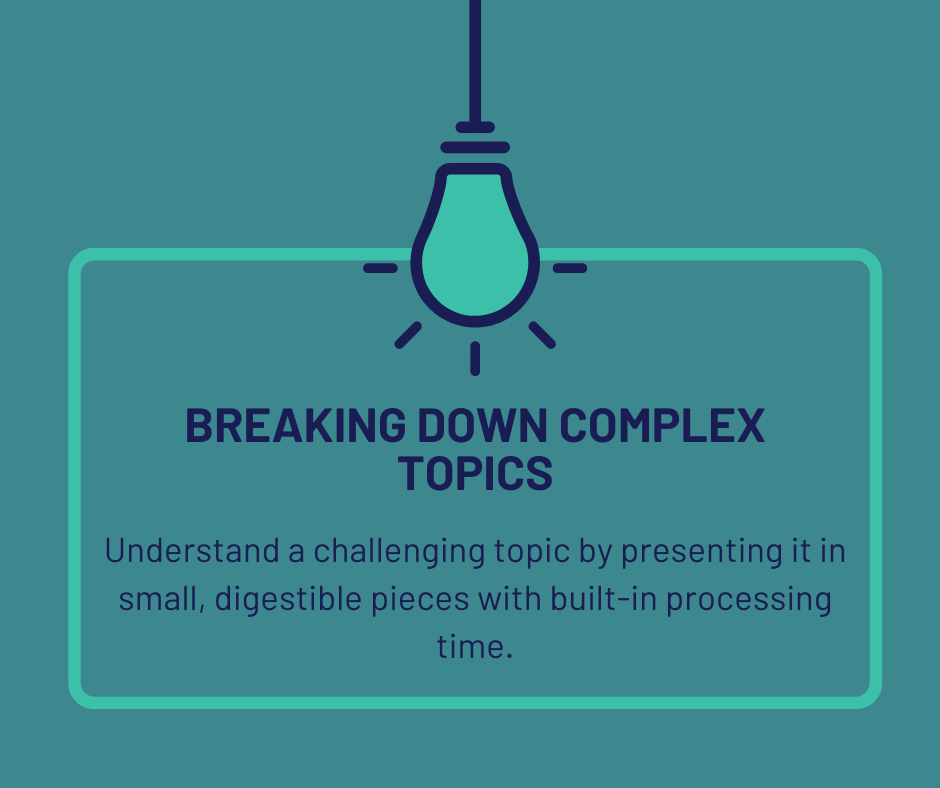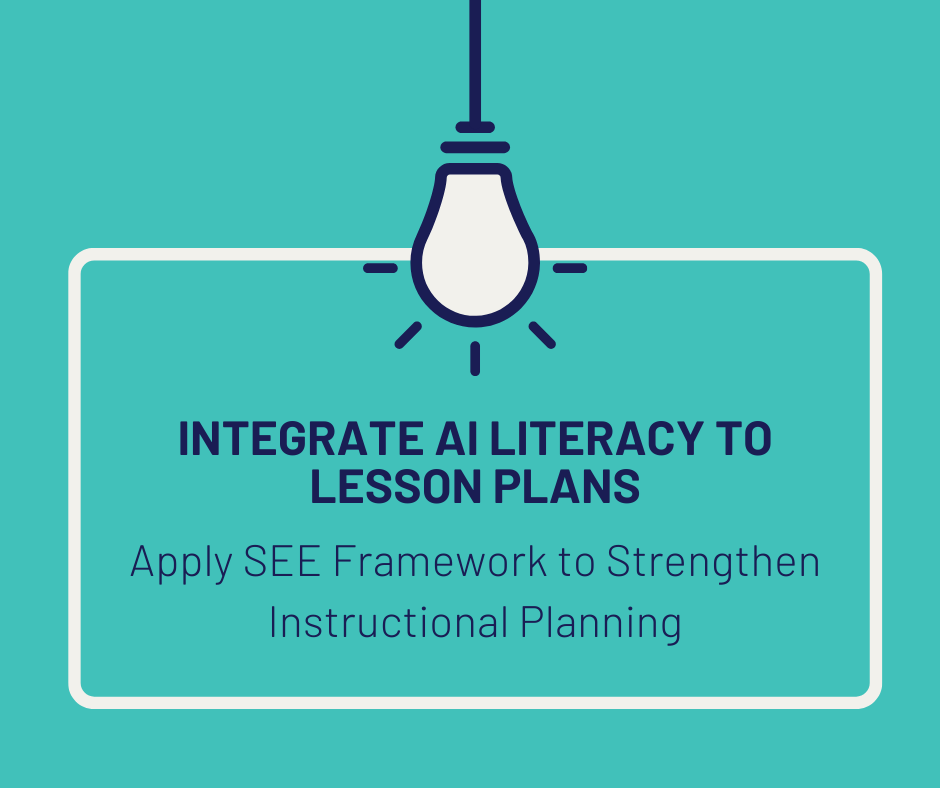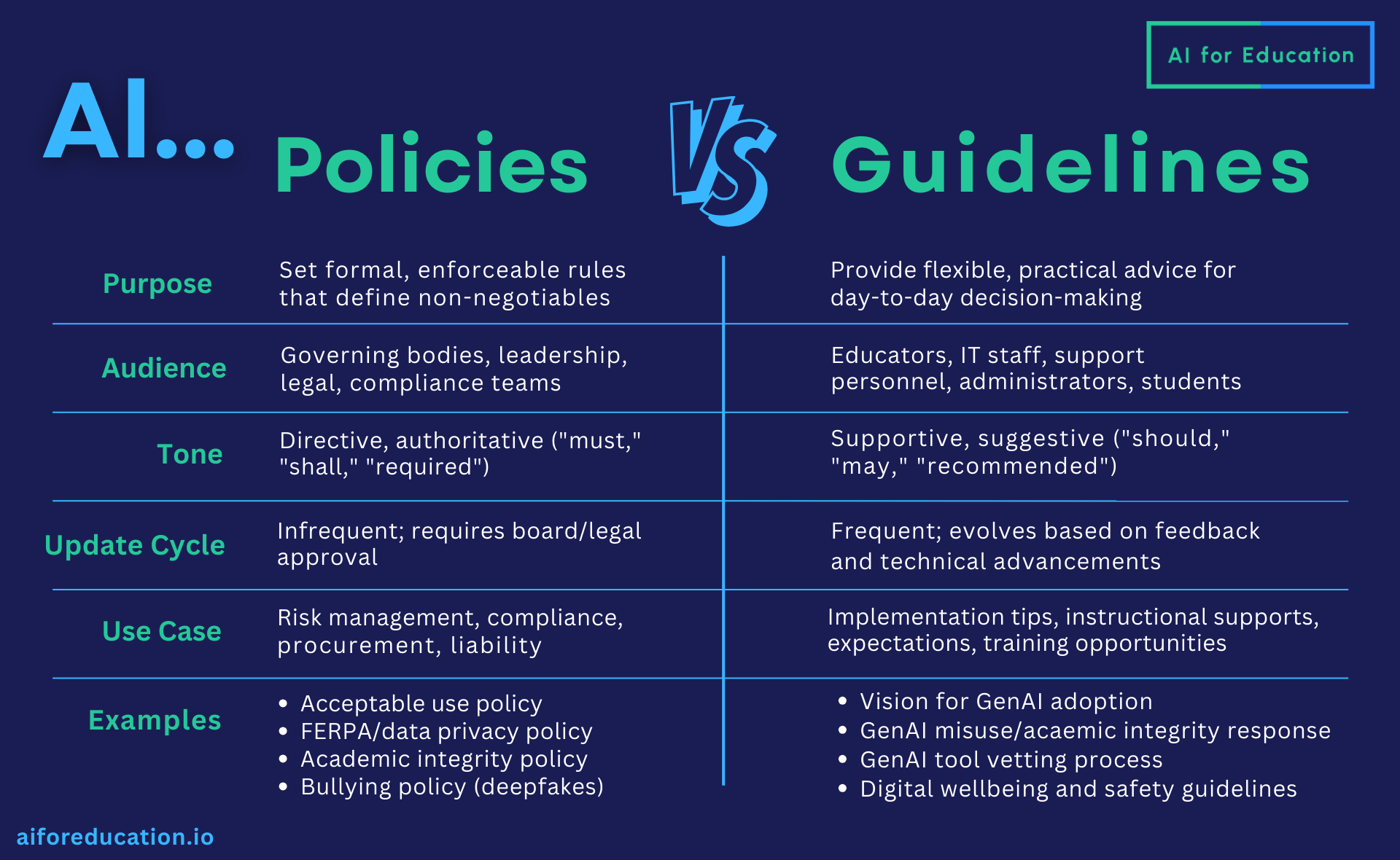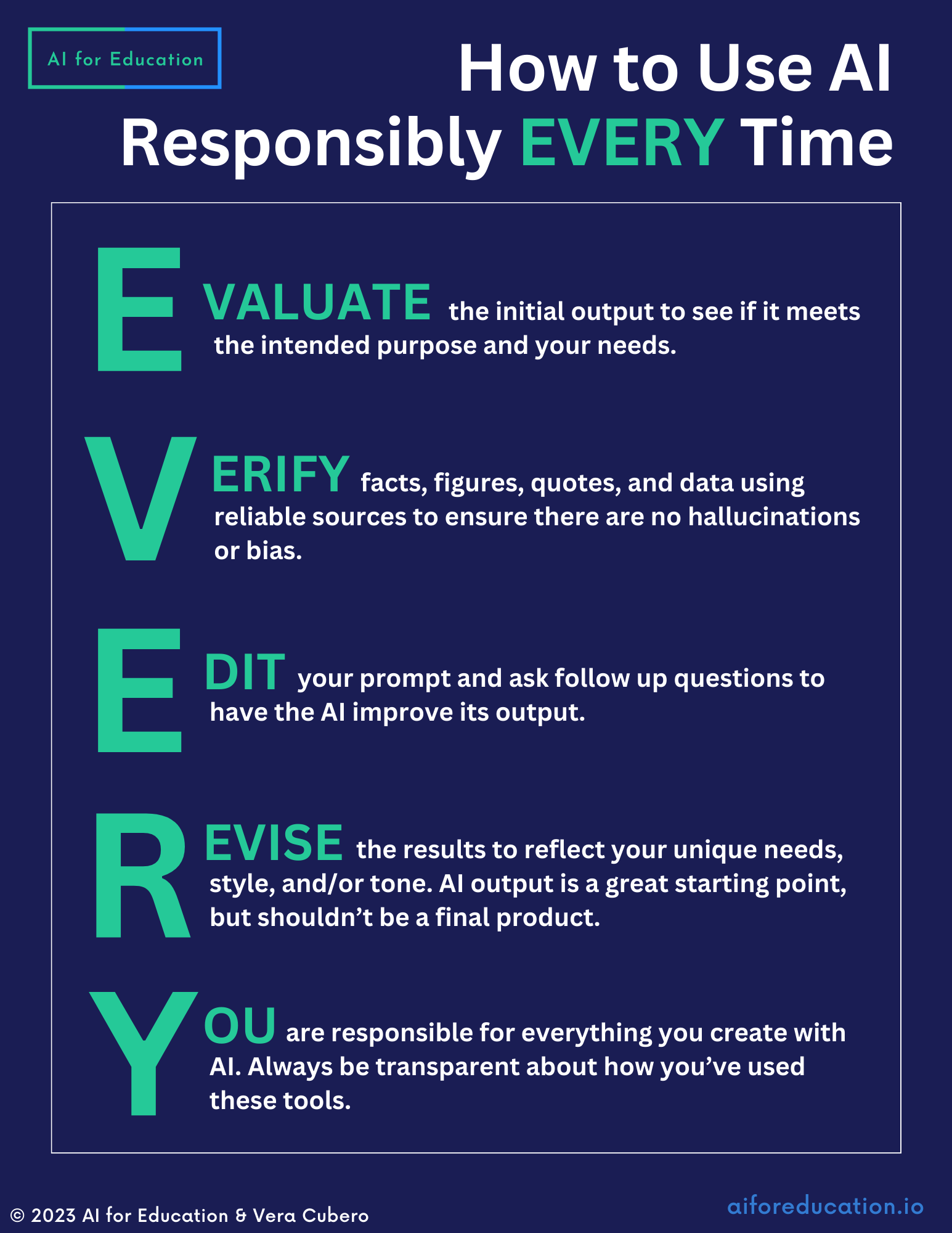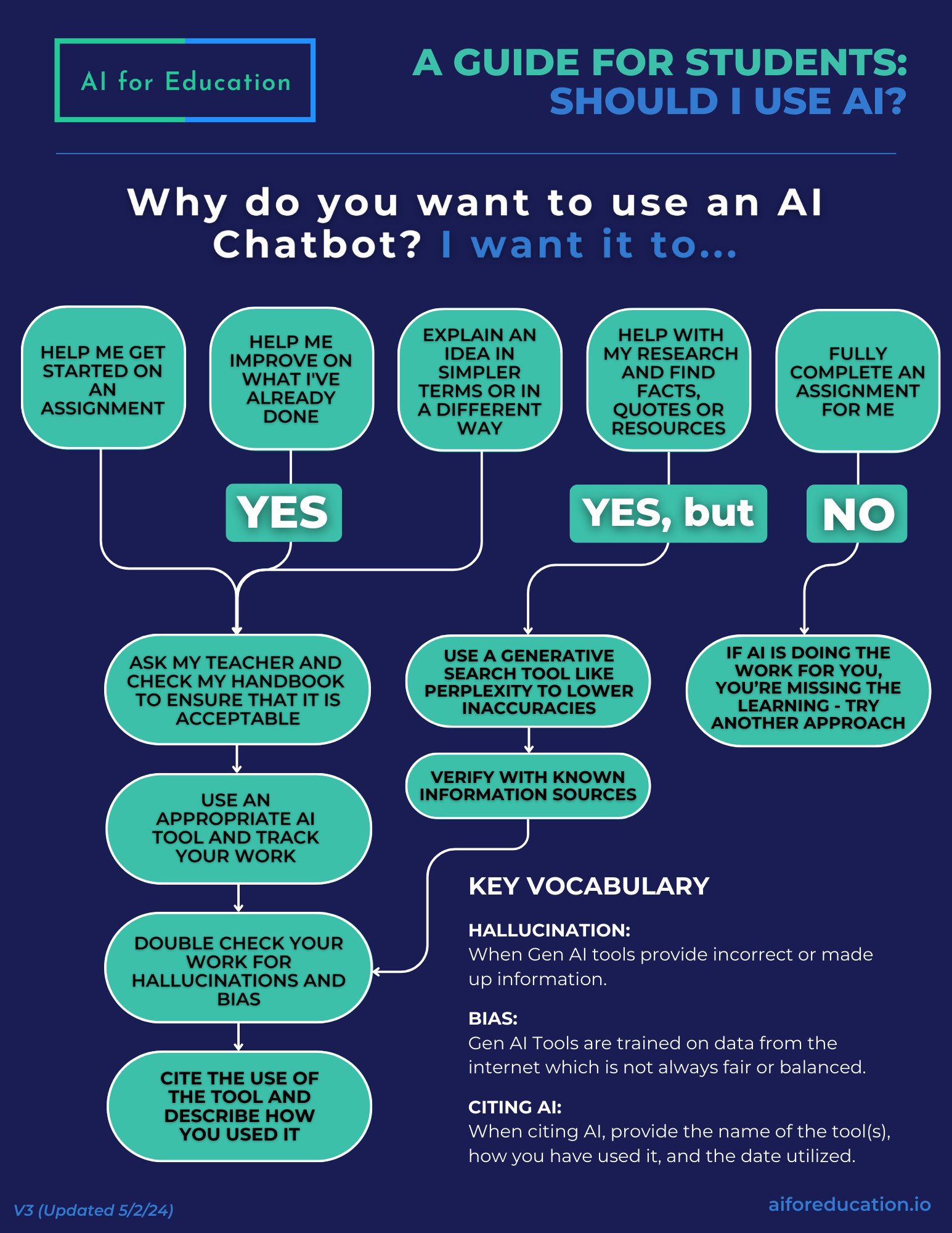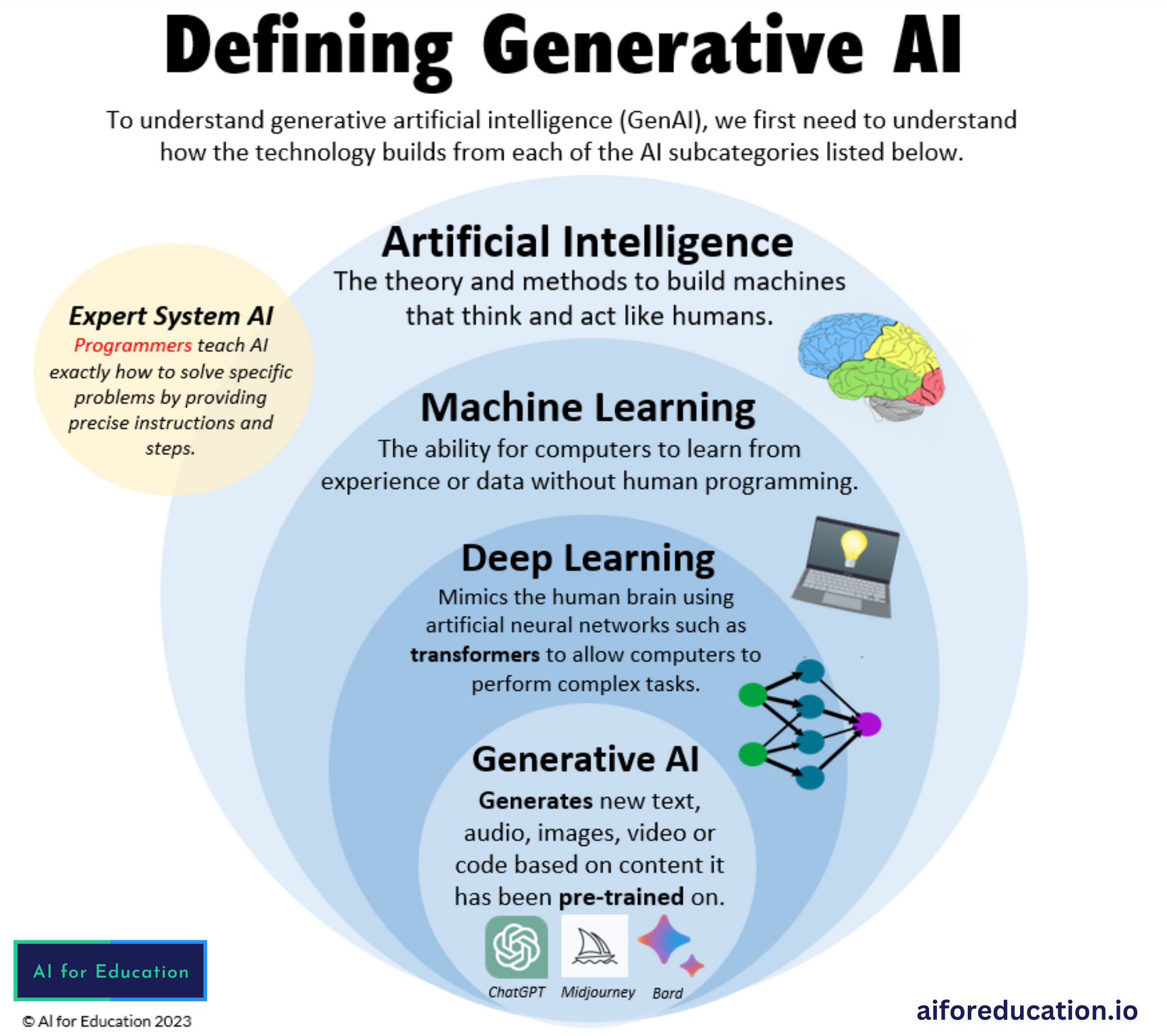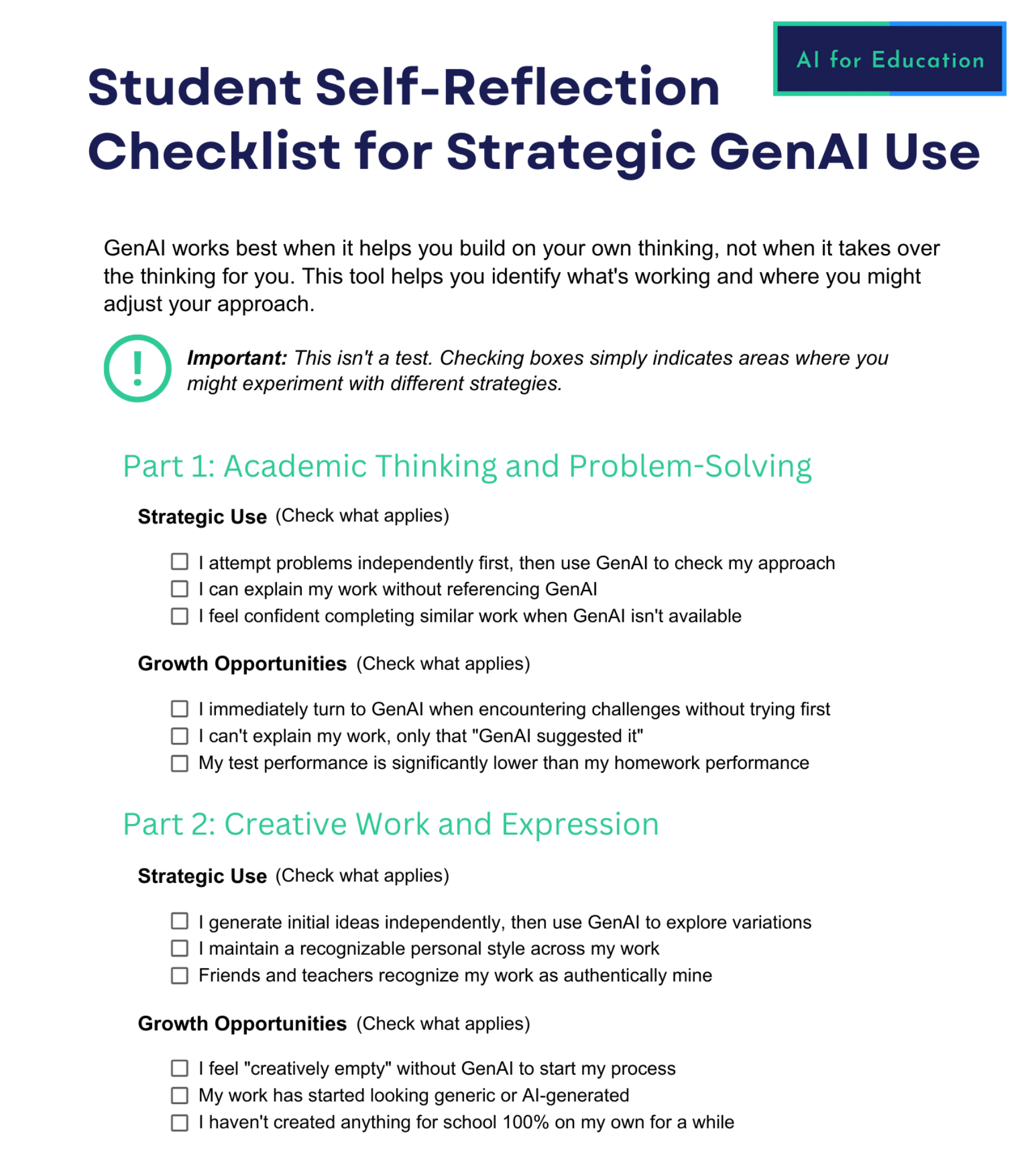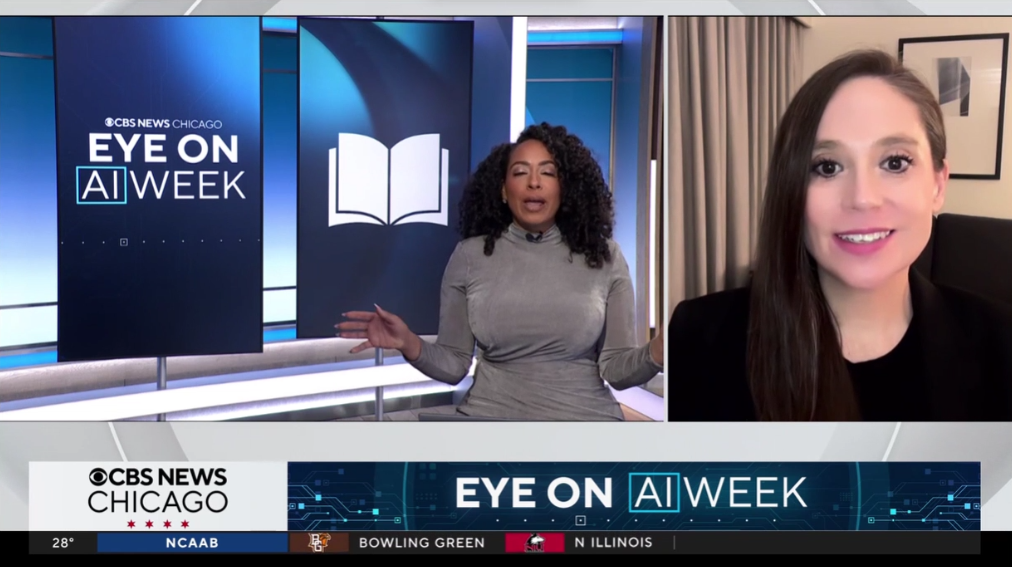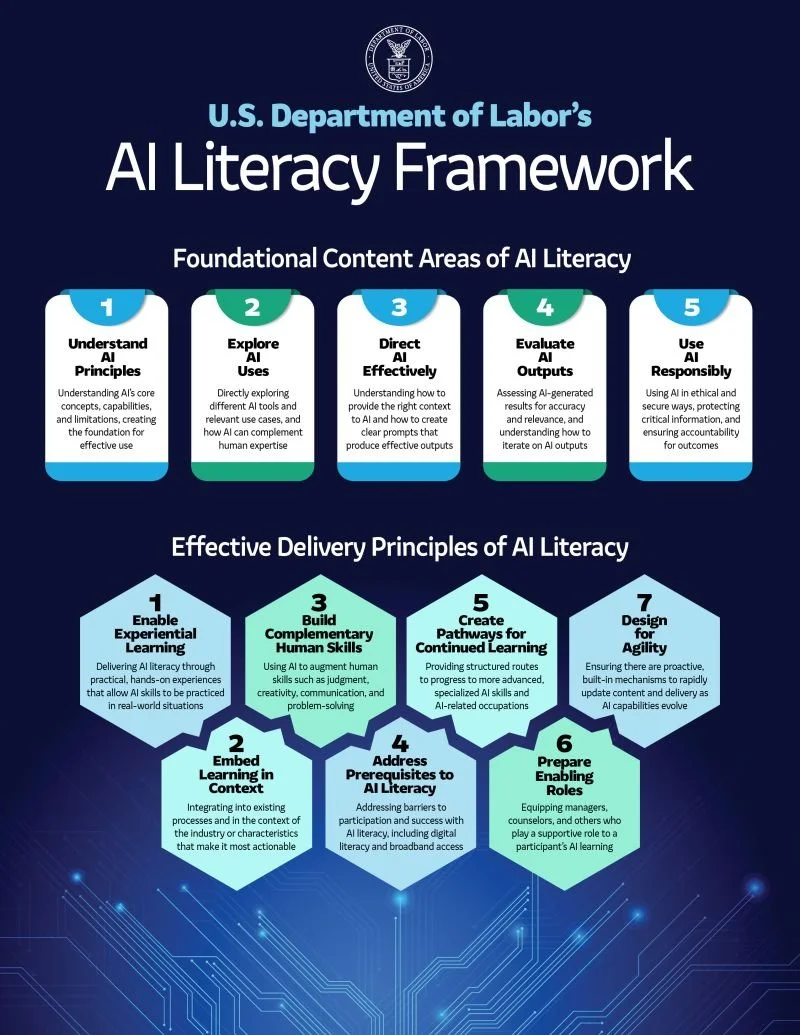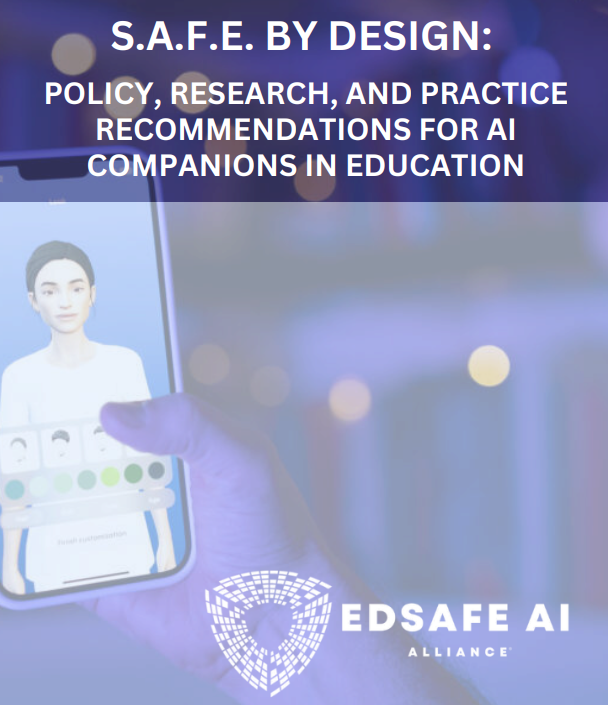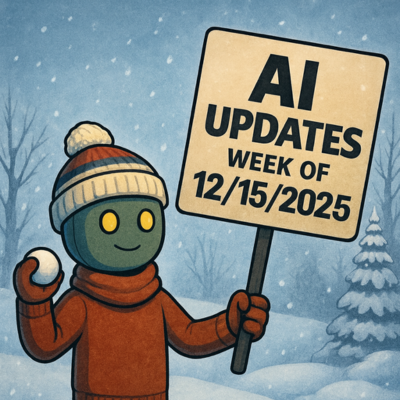Resource Center
Free resources to help educators navigate AI adoption responsibly.
Prompt Library
Introduction to AI for Students
School & Classroom Resources
33 states (and Puerto Rico) now have official guidance or policy on the use of AI in K12 schools. We’ve compiled them in this handy resource which includes summaries and links to the full guidance for each.
Before implementing generative AI in educational settings, it's crucial to understand the perspectives and experiences of all stakeholders. Here is a set of 5 key questions designed to help inform your generative AI adoption strategy.
This guide helps parents understand what's happening, ask the right questions, and effectively support their child's learning in our new AI landscape.
Keeping up with the rapid pace of AI development and its evolving role in education can feel daunting. There are a number of excellent newsletters, thought leaders, and organizations available to help you stay informed. To get you started, we’ve compiled a list of some of our favorites that range from broader AI industry coverage to specialized educational expertise.
Compilation of the research studies that are most often cited by our team during training sessions and provide a strong signal for the state of GenAI in education.
An initial exploration of how to harness generative AI's (GenAI) power to enhance, not replace, the cognitive lift and meaningful learning in K-12 literacy classrooms.
Exploration of how to harness generative AI's (GenAI) power to enhance, not replace, the cognitive lift and meaningful learning in K-12 math classrooms.
The ability to critically evaluate the quality of Gen AI outputs is a crucial AI literacy skill. The following activities can help educators and students develop their abilities to analyze, evaluate, and improve text created by an AI.
In our Prompting 101 session we focus on strategies for getting the best out of popular and powerful free GenAI tools like ChatGPT, Claude, and Gemini.What's great is there are many different prompt frameworks out there for educators to use - including our 5S Framework: Set the scene (priming), be Specific, Simplify language, Structure output, and Share feedback. We also break down a good prompting in the following four steps:
Launchpad Webinar Series

Articles & Research Papers
To help you catch up with another busy week in AI + Education news, check out our weekly update on the key highlights for the week of February 16, 2026.
To help you catch up with another busy week in AI + Education news, check out our weekly update on the key highlights for the week of December 15th, 2025.
Join us on December 16th, at 1PM EST when we share what we learned and how you can bring this process to your own community.
To help you catch up with another busy week in AI + Education news, check out our weekly update on the key highlights for the week of December 8th, 2025.



